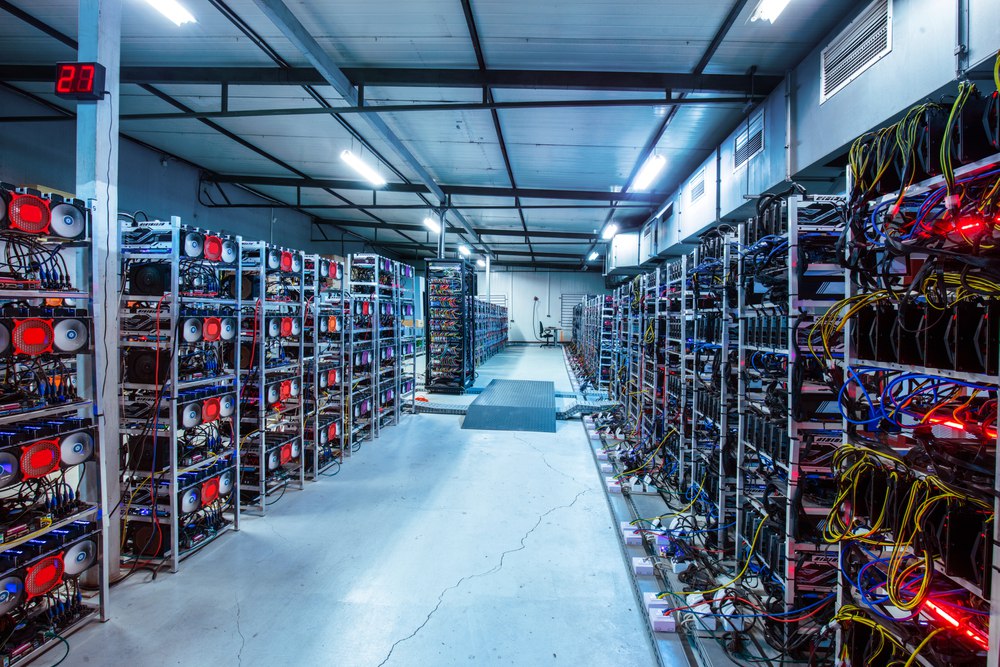Bitcoin mining is an energy-intensive process, and miners often look for ways to minimize their costs by locating their operations at places with relatively low electricity prices. Hence, miners were attracted to Europe’s northern regions (Norway and Sweden) due to the abundance of cheap hydroelectric power.
However, these miners are now facing record-high electricity prices as demand for heating increases during the winter months. Some may have to shut down their operations or move to other locations.
This highlights the importance of stable and affordable electricity prices for Bitcoin and cryptocurrency mining operations. Nevertheless, electricity prices in northern Norway and Sweden have significantly increased compared to the average for the previous three years this December.
According to the European Nord Pool power exchange, the prices in northern Norway have averaged 18 US cents per kilowatt hour (kWh), which is approximately four times higher than the previous three years. In Sweden, the prices are three times as high as the average.
Rising Costs And Shutting Down Operations
Denis Russinovich, the co-founder of Cryptocurrency Mining Group (CMG) and Maverick Group, attributed the increase in electricity prices to several factors. According to him, the conflict in Ukraine caused massive pressure on the natural gas supply due to low temperatures, a lack of wind, and delays in nuclear maintenance, leading to tariff increases.
These factors led to an increase in electricity prices in late November. Thus, it caused some Bitcoin miners to turn off their machines to save costs.
The miners are reportedly deciding whether to switch their devices on or off due to these rising costs. The CEO of Norway-based Kryptovault stated that miners in their location have shut down operations due to these high costs.
According to Petterson, power prices in northern Norway will likely come down in the first quarter of 2023, but prices in southern Europe are expected to remain high. The ability of miners to survive without mining revenue will depend on their reserve capital, their ability to raise more funds, and their level of debt.
Some miners in the US have been forced to file for Chapter 11 bankruptcy protection due to unsustainable leverage. As a result of the current energy crisis, some individuals are looking to buy distressed mining assets, which are being sold at an 85%-90% discount.
